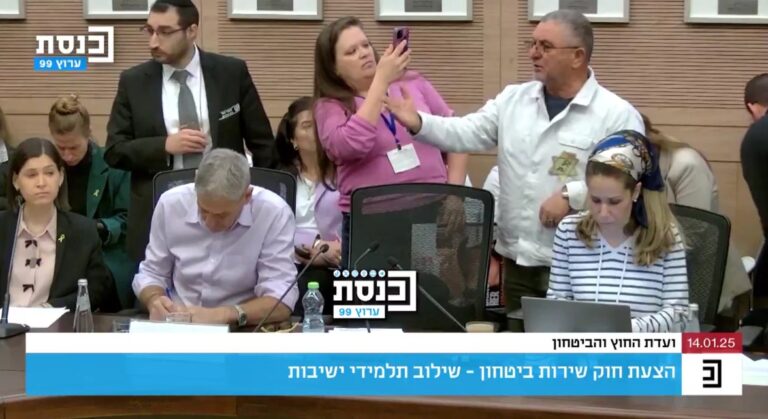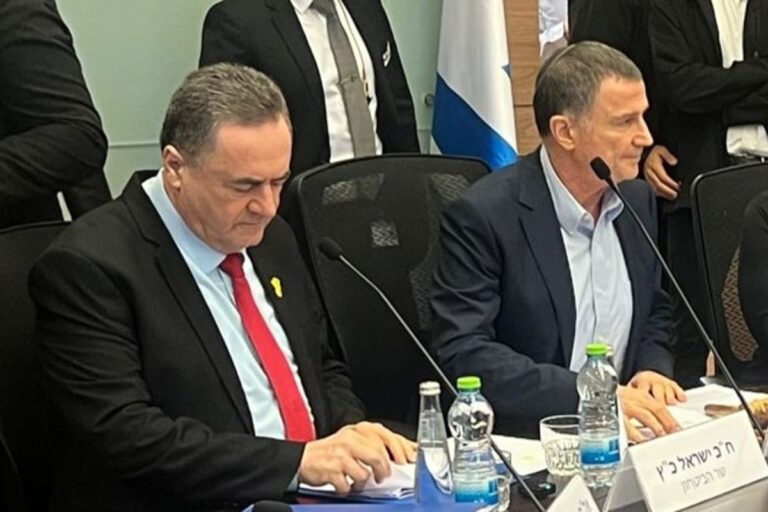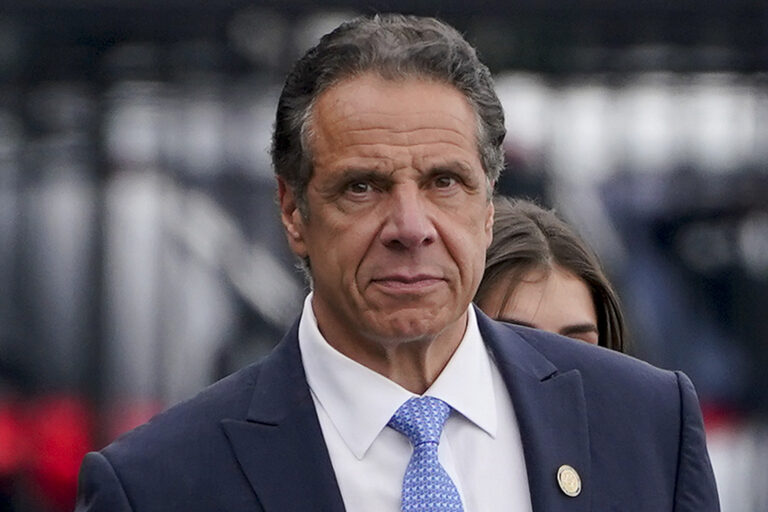 Germany canceled a Cold War-era surveillance pact with the United States and Britain on Friday, the first concrete action taken by Berlin in response to revelations by National Security Agency leaker Edward Snowden about those countries’ alleged electronic eavesdropping operations.
Germany canceled a Cold War-era surveillance pact with the United States and Britain on Friday, the first concrete action taken by Berlin in response to revelations by National Security Agency leaker Edward Snowden about those countries’ alleged electronic eavesdropping operations.
Chancellor Angela Merkel had raised the issue of alleged National Security Agency spying with President Barack Obama when he visited Berlin in June. But with weeks to go before national elections, opposition parties had demanded clarity about the extent to which her government knew of the intelligence gathering operations directed at Germany and German citizens.
Government officials have insisted that U.S. and British intelligence were never given permission to break Germany’s strict privacy laws. But they conceded that an agreement dating back to the late 1960s gave the U.S., Britain and France the right to request German authorities to conduct surveillance operations within Germany to protect their troops stationed there.
“The cancellation of the administrative agreements, which we have pushed for in recent weeks, is a necessary and proper consequence of the recent debate about protecting personal privacy,” Germany’s Foreign Minister Guido Westerwelle said in a statement.
A government official said the move was largely symbolic and had no practical consequences for intelligence cooperation between Germany and its NATO allies . Both the U.S. and Britain still have troops based in Germany.
The official said Germany was currently in talks with France to cancel its part of the agreement as well. The official spoke on condition of anonymity because he wasn’t authorized to publicly discuss the issue.










